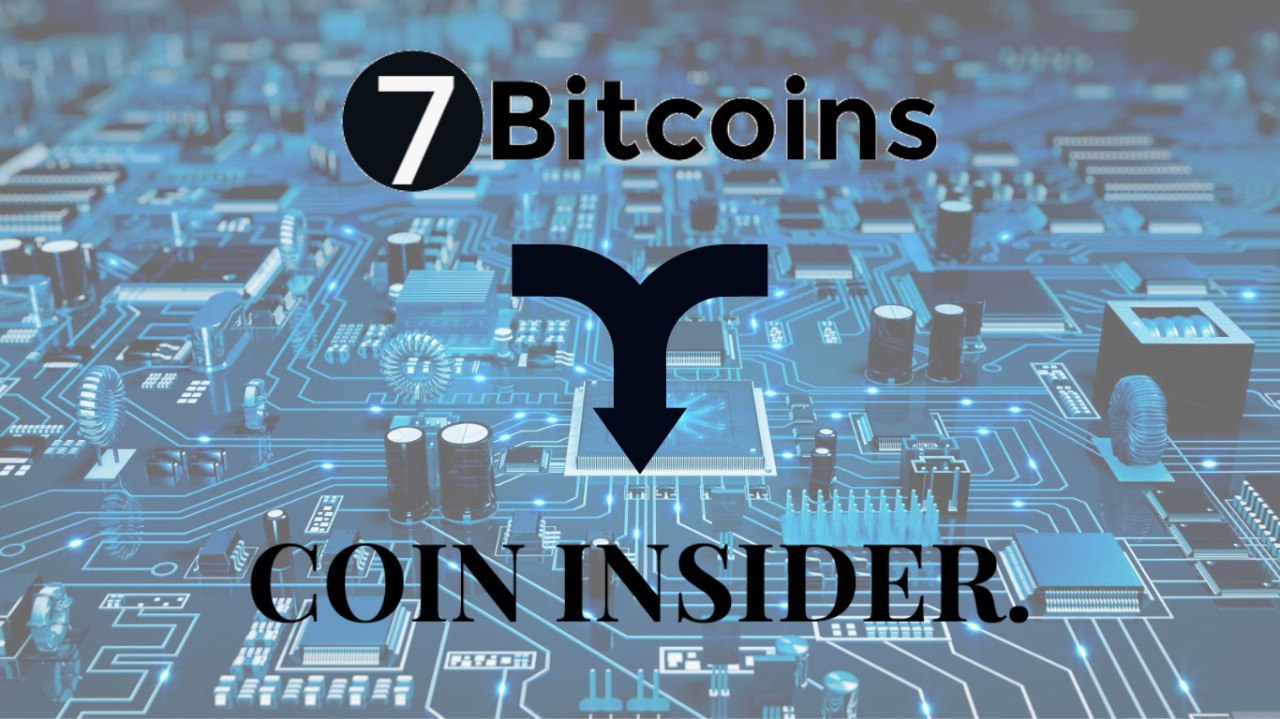Kate’s Data Breach Sparks Urgent Call for Enhanced Security Measures
After Kate Middleton's alleged data incident and possible internal attack at the London Clinic, there's a clear need for security in cyber...

CoinInsider.com, a foremost gateway into the intricate realm of cryptocurrency, proudly announces its acquisition of 7Bitcoins.com, an esteemed cryptocurrency publication. This union signifies the convergence of two titans in the cryptocurrency media space, both ardently devoted to transparency, dependability, and the enlightenment of their readership.
7Bitcoins, renowned for its in-depth cryptocurrency news, insights, product reviews, and elucidative articles, has carved a niche in simplifying intricate crypto topics. Their adept team of writers, passionate about the world of crypto, ensures comprehensive coverage for both seasoned investors and beginners.
Conversely, CoinInsider.com has set a benchmark as an all-inclusive hub for crypto enthusiasts, analysts, and narrative creators. Their dedication to impartial commentary, reader education, and precise information has made them a trusted name in the industry.
Coin News: Stay updated with the latest happenings, trends, and shifts in the crypto world. Timely and accurate news coverage ensures our readers never miss a beat.
Guides: Navigate the complex maze of cryptocurrency with our easy-to-understand guides. Whether you’re starting out or scaling up, our guides provide clarity at every step.
Exchanges: Reviews and insights into the world’s leading cryptocurrency exchanges. Make informed decisions with our comprehensive exchange analyses.
Coins: Deep dives into various cryptocurrencies, understanding their origins, trajectories, and potential futures. Equip yourself with knowledge on a wide array of coins.
Reviews: Unbiased evaluations of all the leading software, hardware and products in the cryptocurrency space.
Augmented Content Depth: Leveraging the expertise of both platforms for an enriched content spectrum.
Wider Audience Engagement: Coin Insider now has the opportunity to engage with 7Bitcoins’ diverse readership, fostering enriched community interactions.
Unified Values: A synergy rooted in shared values ensures smooth integration and a reinforced pledge to readers.
Enhanced Market Acumen: Merged resources equate to deeper market insights and analyses for our readers.
To sum it up, this amalgamation underscores Coin Insider’s dedication to leading the charge in cryptocurrency journalism. Through the addition of 7Bitcoins, Coin Insider reinforces its mission of delivering unparalleled crypto content to its worldwide audience.
After Kate Middleton's alleged data incident and possible internal attack at the London Clinic, there's a clear need for security in cyber...